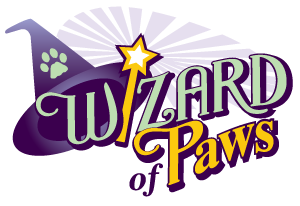Many owners of older pets often think their pets may be ignoring them when they are called, avoid their presence, or assume they cannot get comfortable due to their age. Well, old age is not a disease. There are many issues that may present as a dog becomes older. Cognitive issues are certainly common in older dogs. While we cannot prevent the aging process, we can certainly assist with the problems associated with cognitive canine dysfunction.
Some of the signs of cognitive canine dysfunction:
- Anxiety/restlessness
- Extreme irritability
- Decreased desire to engage in activity
- Excessive licking
- Confusion
- Disorientation
- Accidents in the house
- Confusion
- Slow learning new areas or new tasks
- Increased sleeping during the day and less sleeping at night
Typically, signs may begin between the ages of 12 and 15 but may begin sooner in large or giant breeds. It is estimated that 68% of dogs will experience cognitive canine dysfunction by the age of 16. So many of us are so
fortunate to share our lives with senior dogs and may be noticing some of these signs with our own dogs. The good news is that there are things they may be done to assist these dogs.
Firstly, if you have not seen the new book, “Shamrock’s Story,” I highly recommend it. F Barish Stern spent so many years and interviewed over fifty professionals, including myself, on the topic of doggy dementia. There are so many important gems in this book. It is currently available on our website.
Secondly, Dr. Fossum’s Cogni Caps combines both western and eastern medicine to assist dogs with cognitive canine dysfunction. The supplement aids to support cognitive function, enhance your dog’s brain function, and support normal cell conduction and brain activity.
Thirdly, ask us about photobiomodulation (laser therapy) to help treat your senior dog. A recent study, https://www.ncbi.nlm.nih.gov/pmc/articles/PMC9109850/, demonstrated an improvement in canine cognition with photobiomodulation to the head or transcranial region.
Please feel free to ask us more about these steps to help your older dog. Additional tips include enrichment activities such as snuffle mats, low level outside activities, and lots of love!


